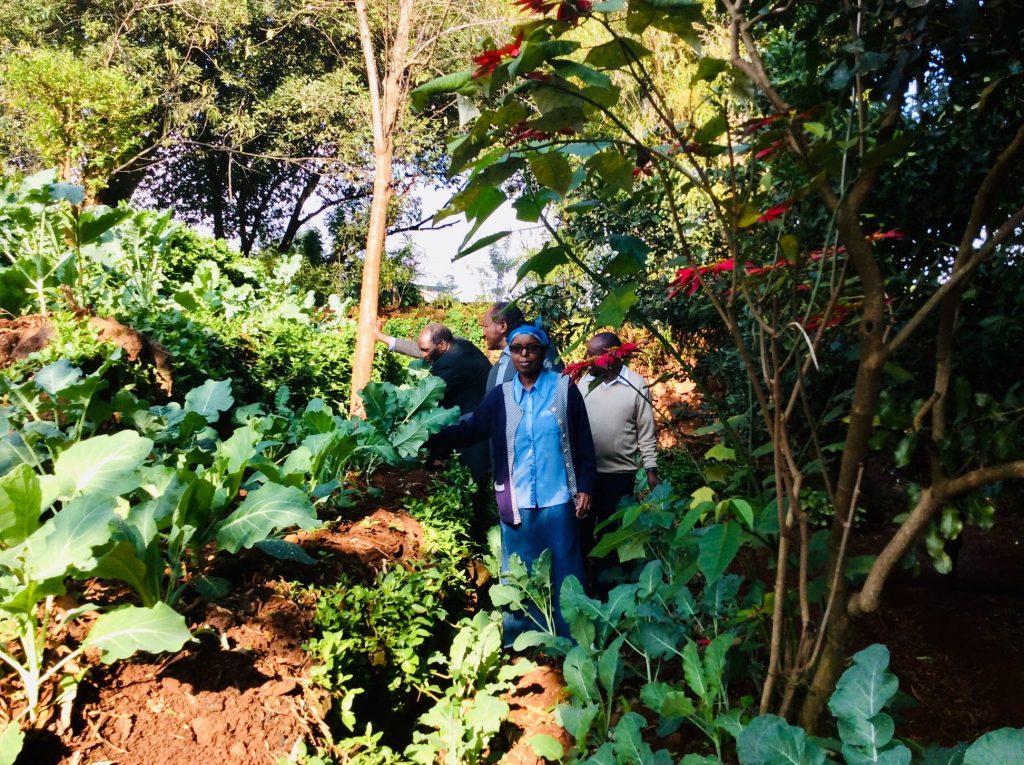“No water, no farmers. No farmers, no food.”

John Mwangi, a 2016 kanthari, grew up in Kibera, one of Nairobi’s largest slums. His family, father, mother and 7 more siblings lived a little tin hut. John’s father often told the children how the family had ended up in the slum. They originated from a very fertile and water-rich area. The fertile earth attracted the colonialists and pushed John’s ancestors into the woods. His grandfather had joined the Mau Mau fighters. But at some point, the family had to flee, and so, like many, they involuntarily landed in the hopelessly overcrowded outskirts of Nairobi.
John recalls: “Discrimination at school, lack of space at home, these were tolerable, but as a child I couldn’t stop thinking about food.”
As a teenager, he was interested in the production of food for obvious reasons and discovered composting. He collected organic waste, composted it and sold the produce to schools and rich urban people who have gardens. His mini composting factory became a success and he even managed to get a small property; an old dumpsite right next to the airport. However, the project was soon was shut down… The waste he collected attracted huge birds, which eventually almost paralyzed air traffic.
Later John moved back to the land of his ancestors, where he fought against large corporations for fair water distribution and for the protection of small farmers.
So far, this has seemed a somewhat hopeless struggle, but in the past few weeks during the Corona crisis, something decisive has changed: while mass farms remain stuck with flowers that were destined for Europe, the small farmers still make a reasonable livelihood.
